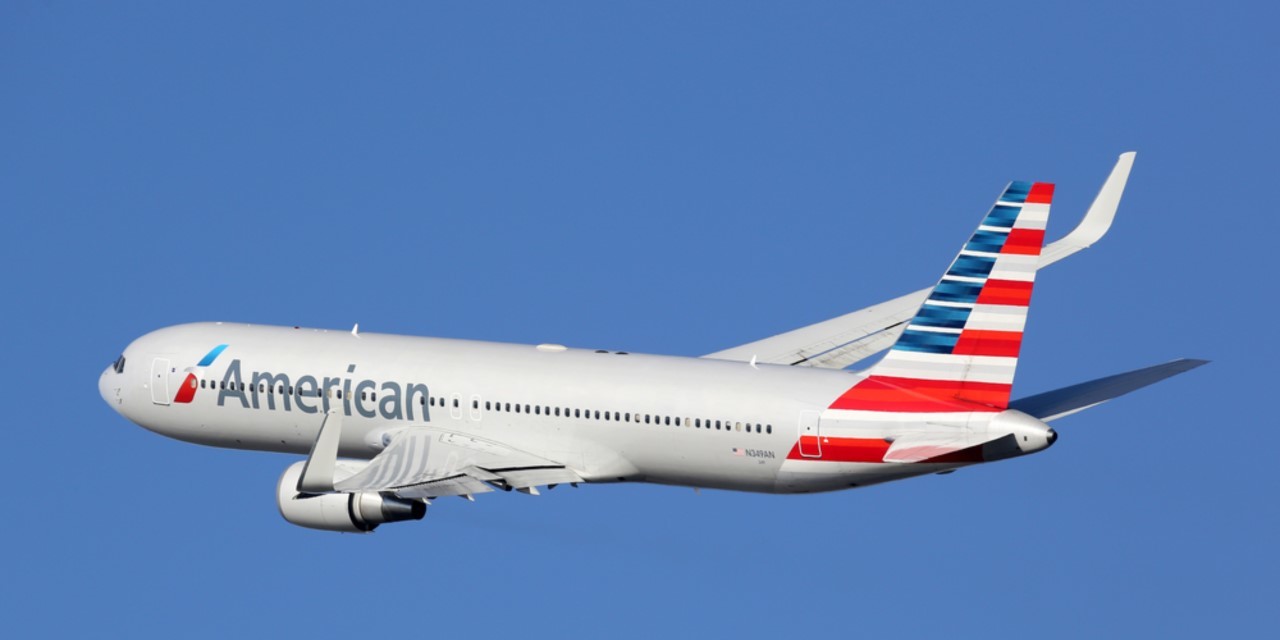A Chicago federal judge has trimmed a class-action lawsuit against American Airlines alleging chemicals in employees' new uniforms caused illness, but said the suit still carries enough plausible allegations the airline knew the outfits could be harmful.
The April 22 ruling was issued by Judge John Tharp Jr., of U.S. District Court for the Northern District of Illinois. His decision addressed a case lodged in 2017 against American Airlines, based in Fort Worth, Texas, and Twin Hill, a uniform company in Houston that is a subsidiary of The Men's Wearhouse.
The suit was filed by 39 American Airlines employees from 24 states — including Illinois — for themselves individually and on behalf of 5,000 other employees who wore, or came into proximity of pilot and flight attendant uniforms introduced in 2016. The uniform change was the first in 30 years.
Plaintiffs alleged chemicals in the synthetic uniforms caused rashes, headaches, fatigue and vertigo, as well as ear and throat irritation. Further, the suit alleged the uniforms caused adverse effects on endocrine glands, the liver and reproductive health. In the four months after the uniforms came into use, 3,828 complaints were made to the airline, according to the suit. Plaintiffs also alleged American knew from tests done two years before the roll-out, that the uniforms posed a health risk.
American claimed the uniforms were safe, but as complaints grew, allowed employees to wear alternative uniforms and eventually said it would end its contract with Twin Hill in 2020, according to court papers.
American moved to dismiss the suit, contending plaintiffs did not sufficiently allege the carrier knew the garments could harm personnel. Such certainty on the part of an employer is needed for an employee to pursue a suit for workplace injuries, instead of a workers' compensation case.
Judge Tharp agreed to toss the individual claims of 22 plaintiffs, saying they must seek workers' compensation for workplace injuries, rather than pursue their grievances in federal court. Tharp said 18 of these plaintiffs did not show American clearly knew particular employees would be harmed by the uniforms. The judge explained 17 of the plaintiffs are from states with compensation laws requiring "intentional harm" by the employer to justify court action, while four plaintiffs are from states never allowing for court action. Another plaintiff is from Missouri, which allows for torts, but the torts must be handled by the Missouri Labor and Industrial Relations Commission, not federal court, according to Tharp.
However, Tharp found the rest of the plaintiffs made a sound case.
"Though employees reported reactions beginning with the first-wear test in early 2015, American went ahead with the planned uniform rollout in September 2016," the judge wrote. "As concerns about the uniforms mounted, American began permitting employees to wear the old uniform or purchase an alternative."
He noted that since complaints of symptoms began with the introduction of the new uniforms, "it is plausible to infer that the Twin Hill uniforms were the cause of these new symptoms."
Tharp continued, saying certain plaintiffs made "plausible claims for relief based on allegations that American exposed them to uniforms with substantial certainty that they would be harmed and that American fraudulently misrepresented the safety of those uniforms."
In Tharp's view, the suit plausibly alleged some plaintiffs relied on American's statements to keep wearing the uniforms after questions had been raised.
Plaintiffs are represented by Burns Charest LLP, of New Orleans and Weltman Law, of Chicago.
American Airlines is defended by KMA Zuckert LLP, of Chicago and O'Melveny & Myers, of New York City.
Twin Hill is defended by Greenberg Traurig LLP, of Chicago.
